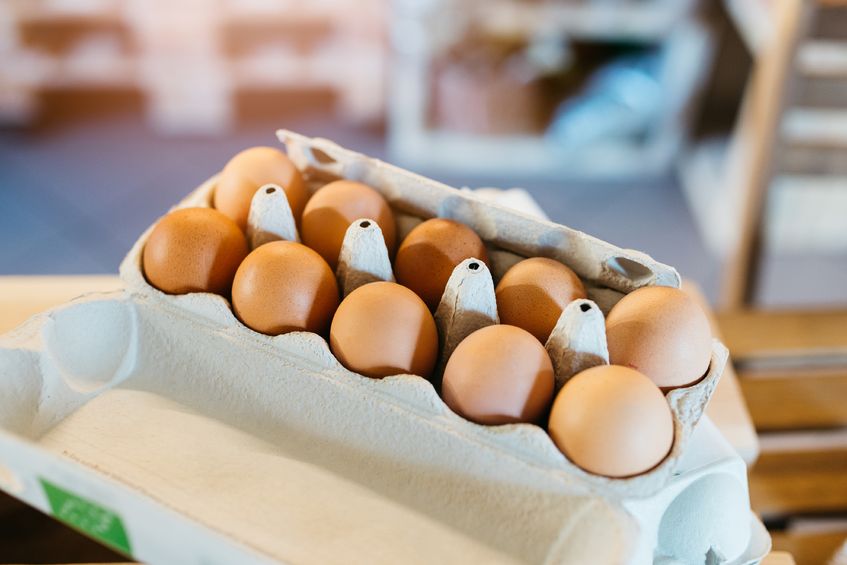Egg crsis: Food Standards Agency updates Fipronil egg withdrawal list

The Food Standards Agency has updated its withdrawal list with 14 additional products that are still within their shelf life, as the Fipronil egg crisis deepens.
In most cases, the identified products were past their expiry date but those remaining are being withdrawn immediately.
Most of these products have been distributed to food manufacturers and catering outlets.
The United Kingdom has been drawn into the European contaminated egg scandal following confirmation by the FSA that eggs contaminated on European farms were imported into the UK.
It remains ‘very unlikely’ that there is any risk to public health, but as Fipronil is not authorised for use in food producing animals the FSA are tracking down implicated food products and ensuring that they are removed from sale.
The egg in these foods may have been supplied from affected farms in the Netherlands before the blocks on these farms were imposed.
It was incorporated into processed foods; fresh eggs on sale in the UK remain unaffected.
Most of the additional egg products that have been identified were imported into the UK in liquid form so it is no longer practicable to provide a figure in terms of whole eggs, however, it remains the case that the egg the FSA has identified represents only a fraction of a single percentage of the eggs that is consumed in the UK every year.
Tested
85% of the eggs ate in the UK are laid here. As a precaution, UK eggs are being tested for the presence of Fipronil, and all initial results have been clear.
Heather Hancock, Chairman of the Food Standards Agency said: “Our advice remains clear - there’s no need to change how you buy or consume eggs.
“We are responding very quickly to any new information, to ensure that any products left that contain egg from the affected farms is withdrawn immediately. We're doing this because Fipronil is not authorised for use in food producing animals, not because we are concerned about any risk to health.”
Professor Alan Boobis, Chair of the independent Committee on Toxicity said: “Even at the highest level found, consumption of one or two meals containing these eggs in a day would not pose a danger.
“It is very unlikely that anyone in the UK would have been exposed to anything close to this, and there is no reason for consumers to be concerned."








